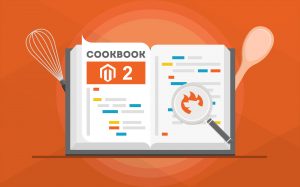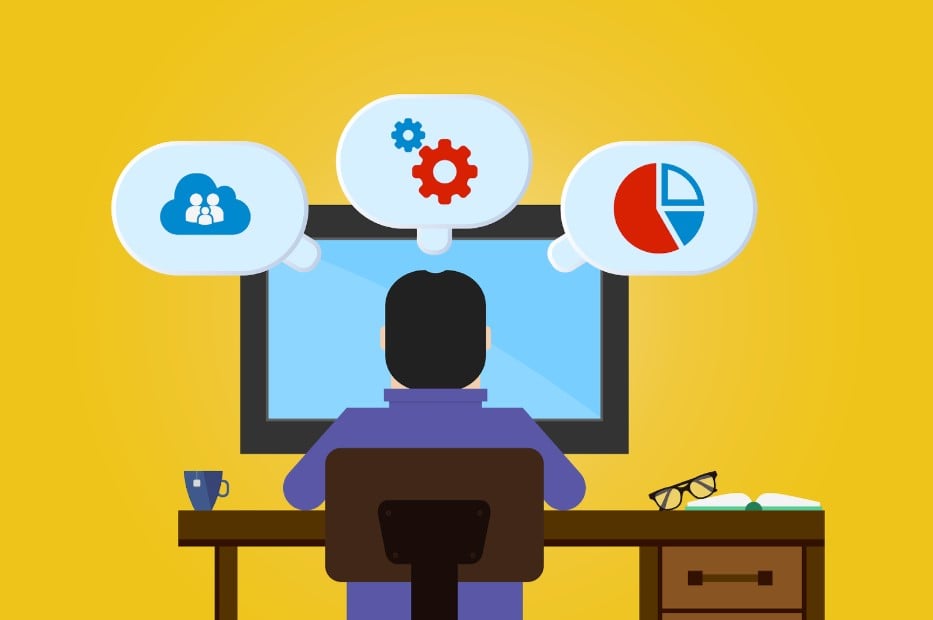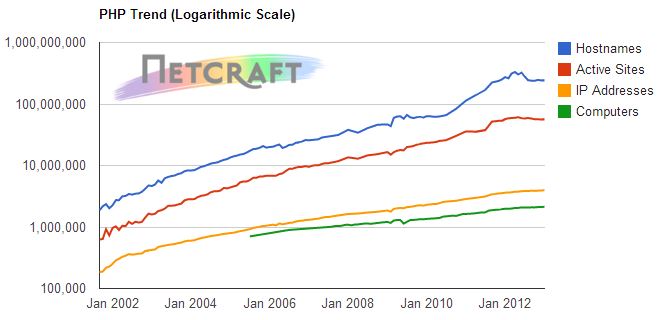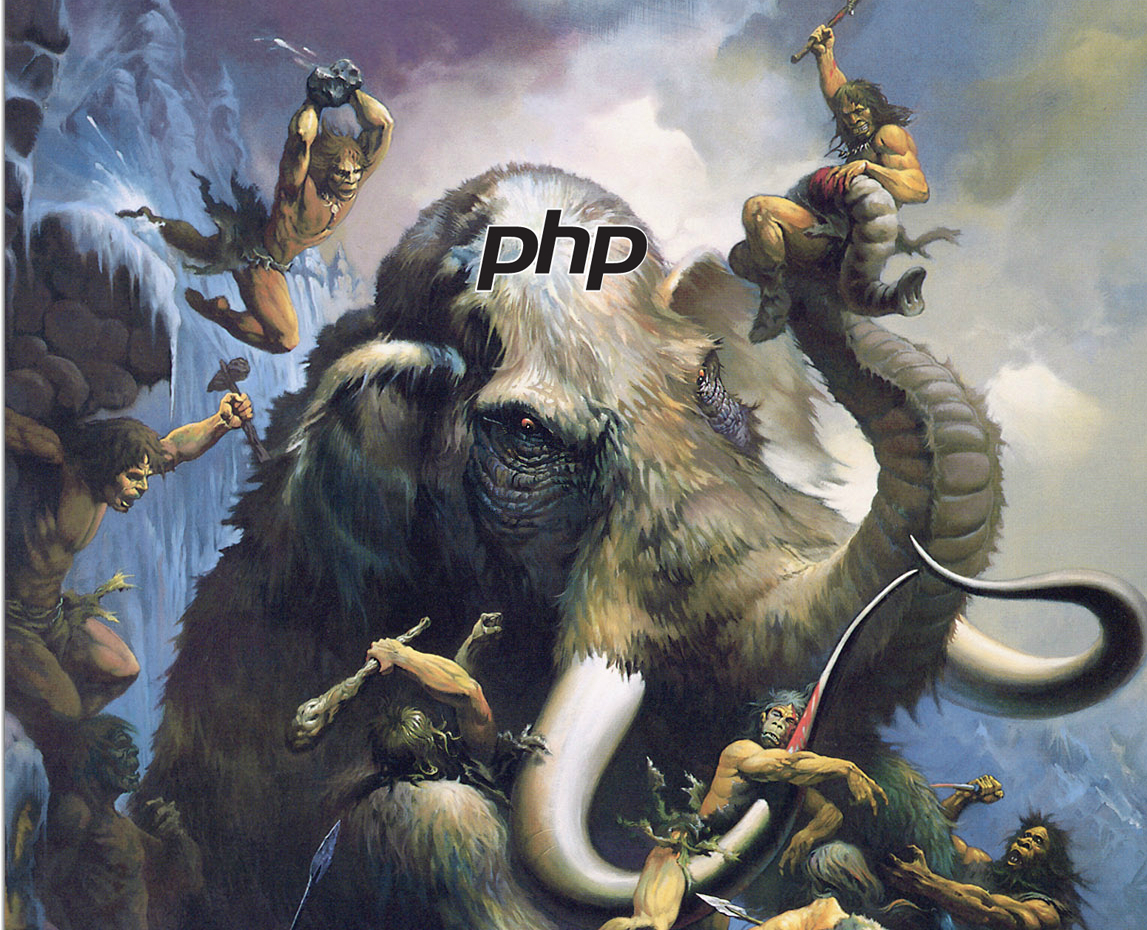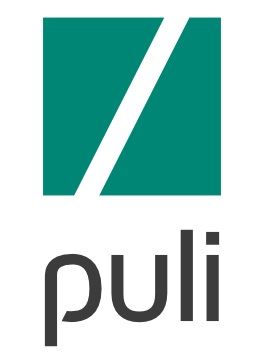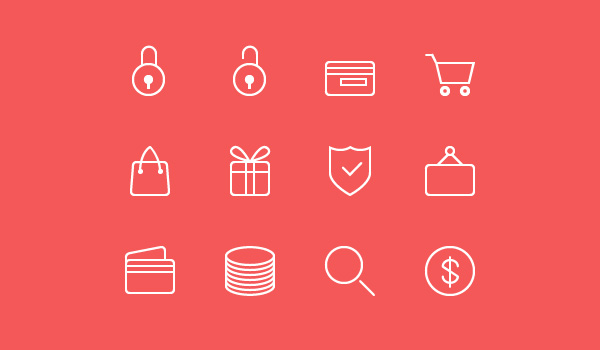How to Access Source Code in Shopware
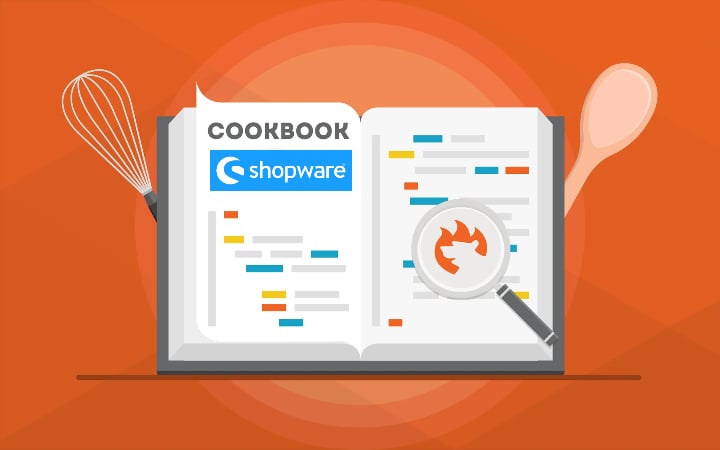
Let’s assume that you have a Shopware website and need to access its source code. Perhaps, you just need to see how HTML and CSS elements are organized or want to reach something more complex. Unfortunately, it is impossible to do that in your administration. However, there is another way to access the source code in Shopware. Below, we describe the most simple approach. You can find other useful tips in our cookbook for Shopware. Continue Reading

